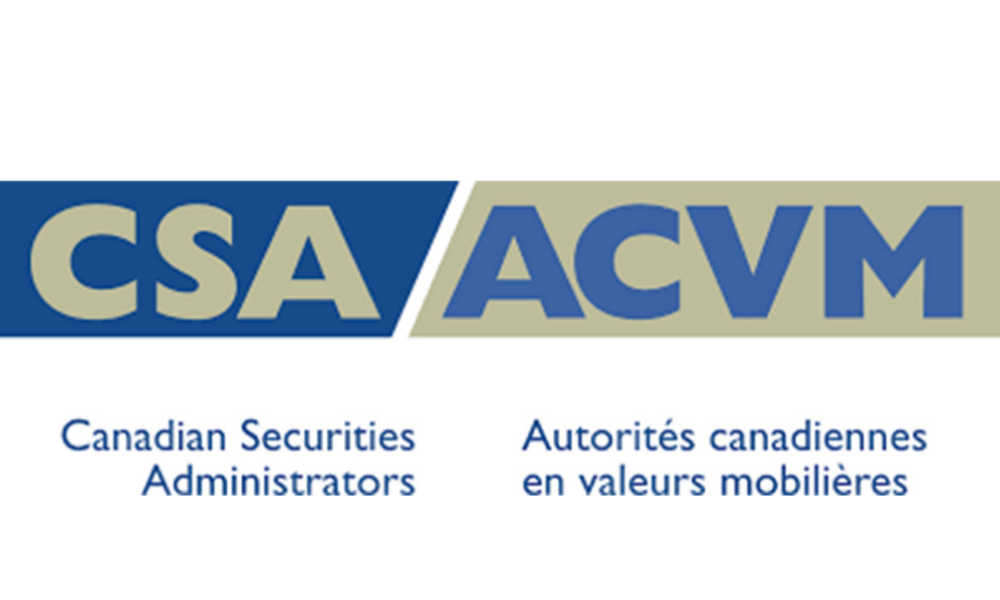
Written comments regarding proposal to be accepted until Jan. 17, 2022

The Canadian Securities Administrators (CSA) has released its proposed climate-related disclosure requirements whereby issuers should disclose their scope 1, scope 2 and scope 3 greenhouse gas emissions and the related risks, or their reasons for not disclosing such.
Scope 1 refers to an issuer’s direct emissions, scope 2 pertains to the issuer’s indirect emissions arising from the consumption of purchased electricity, heat or steam, and scope 3 covers the issuer’s other indirect emissions not falling under scope 2.
The CSA plans to phase in the proposed disclosure requirements so that companies have enough time to implement the needed changes. The CSA will accept written comments regarding the proposal until Jan. 17, 2022.
“Our proposed requirements will bring those disclosures into a harmonized framework benefitting investors and issuers alike and aligning Canadian capital markets with the global movement towards consistent and comparable standards,” said Louis Morisset, chairperson of the CSA and president and chief executive officer of the Autorité des marchés financiers, in the CSA’s news release.
The proposed requirements seek to improve the comparability and consistency of climate-related information disclosed by issuers, to enable investors to make more informed investment decisions, to provide issuers with an equal playing field, to address the costs in connection with reporting across multiple disclosure frameworks and to promote access to global markets.
“With global momentum building on sustainability-related disclosures in both the public and private sectors, these proposals reflect our vision and expectations for reporting issuers as we move towards a global baseline for such disclosures,” said Morisset in the news release.
The proposal covers disclosures relating to the four core elements identified by the recommendations of the Task Force on Climate-related Financial Disclosures, which are the following:
The CSA has also been consulting on an alternative approach through which issuers should disclose scope 1 emissions but not scope 2 and scope 3 emissions.
The proposed requirements aim to be informed by the CSA’s engagement with stakeholders, to adhere to the CSA’s environmental and climate-related reporting guidance published in 2010 and to build upon CSA Staff Notice 51-358 Reporting of Climate Change-related Risks released in August 2019.
“CSA Seeks Comments on Climate-Related Disclosure Rules,” a bulletin authored by Jeff Bakker, Michael Barrett, Pascal de Guise, Dufferin Harper, Olga Kary, Kathleen Keilty and Matthew Merkley of Blake, Cassels & Graydon LLP, summarizes the proposed instrument’s disclosure requirements, application and timing.
According to the bulletin, the proposal’s features include a lack of a requirement to give a scenario analysis, a materiality qualifier for certain requirements, a comply-or-explain approach to emissions, a possible expansion of secondary market liability, implications for foreign private issuers and timing considerations for public companies subject to existing reporting requirements.
“Given that aspects of the Proposed Instrument would apply regardless of whether climate-related risks are material to an issuer’s business, the Proposed Instrument should be of interest to all applicable public companies, regardless of the industry in which they operate,” the bulletin said.